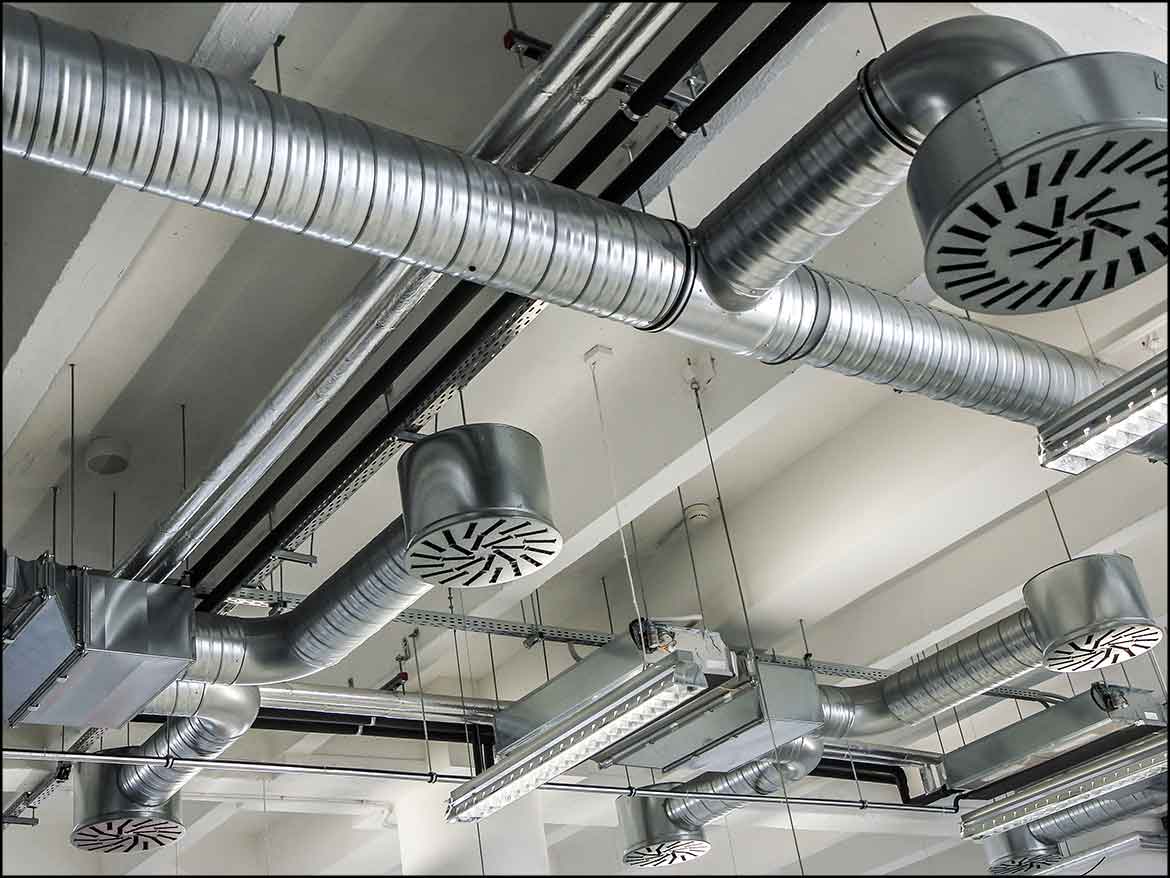Battling the Elements: Your Ultimate Guide to Home Heating and Air Conditioning Mastery
Battling the Elements: Your Ultimate Guide to Home Heating and Air Conditioning Mastery
Blog Article

When it comes to maintaining a comfortable home environment, mastering the art of heating and air conditioning is essential. No matter the season, being able to control your indoor climate can significantly impact your quality of life. Whether you're facing the biting chill of winter or the sweltering heat of summer, understanding your heating and air conditioning systems can help you achieve the perfect temperature while also keeping energy costs in check.
In this guide, we will explore the various types of heating and air conditioning systems available, along with tips for optimal performance and maintenance. From furnaces to heat pumps and central air conditioning to ductless systems, you will learn about the options that best suit your home. Additionally, we will cover the importance of regular maintenance and seasonal check-ups to ensure your systems operate efficiently year-round. By the end of this guide, you will be well-equipped to battle the elements, keeping your home cozy in winter and refreshingly cool in summer.
Understanding Home Heating Systems
Home heating systems are essential for maintaining comfort during colder months. They come in various types, each with its advantages and disadvantages. The most common systems include forced air, radiant heating, and heat pumps. Forced air systems use a network of ducts and vents to distribute warm air throughout the home, making them popular for their rapid heating capabilities. Radiant heating, on the other hand, warms surfaces or objects directly, providing a consistent and comfortable warmth. Heat pumps can work for both heating and cooling, transferring heat from outside to inside during the winter.
The choice of heating system often depends on factors such as home size, energy efficiency, and local climate. For instance, forced air systems can be very efficient when adequately insulated but may lose heat through ductwork. In contrast, radiant heating tends to offer more consistent temperatures but can take longer to warm up a space. Heat pumps are increasingly popular due to their efficiency and ability to provide year-round temperature control, making them a versatile choice for many homeowners.
When considering a home heating system, it's essential to assess not only the type of system but also the energy source. Common options include electricity, natural gas, and oil. Each energy source varies in cost, availability, and environmental impact. Understanding these factors can help homeowners make informed decisions that align with their comfort preferences and sustainability goals.
Air Conditioning Essentials
Air conditioning is essential for maintaining comfort in your home, especially during the hot months. Understanding how air conditioning systems operate can help you make informed choices about installation, maintenance, and energy efficiency. The two main types of air conditioning systems are central air conditioning and window units. Central air systems are integrated with your home’s ductwork, providing a consistent temperature throughout the space. Window units, on the other hand, are standalone systems that cool a single room and are typically less expensive to install.
To ensure your air conditioning operates effectively, regular maintenance is key. This includes changing filters every one to three months to maintain airflow and prevent dust accumulation. Additionally, cleaning the condenser coils and ensuring that the system is free from obstructions will enhance performance. Scheduling a professional service at least once a year can help catch potential issues before they become costly repairs, ensuring your system runs smoothly and efficiently.
Energy efficiency is a significant aspect of modern air conditioning systems. When selecting a unit, look for the Energy Efficiency Ratio (EER) rating, which indicates how effectively a unit will cool your space while consuming energy. Investing in a programmable thermostat can further reduce energy consumption, allowing you to set specific temperature schedules that align with your lifestyle. By choosing the right system and maintaining it well, you can enjoy a comfortable home environment while minimizing energy costs.
Maintenance Tips for Optimal Performance
ApexHeatAndAC Heating System Replacement
Regular maintenance is essential for keeping your heating and air conditioning system running efficiently. Start by changing or cleaning filters every one to three months, depending on usage. Clogged filters can restrict airflow and cause the system to work harder, leading to higher energy bills and potential breakdowns. Additionally, consider investing in a programmable thermostat to optimize energy use and ensure that your system only operates when needed.
Inspecting your system’s components can also prevent costly repairs. Pay attention to the outdoor unit for your air conditioning system; ensure it is free of debris such as leaves and dirt that can hinder performance. For heating systems, check for any unusual noises or signs of wear and tear. If you notice anything unusual, it’s wise to consult a professional technician to address potential issues before they escalate.
Finally, scheduling a professional tune-up at least once a year can greatly improve your system's longevity and efficiency. During these inspections, technicians can identify and resolve minor issues before they become major problems. They will also clean vital components and ensure that your system is operating at peak performance, allowing you to stay comfortable regardless of the weather.
Report this page